Spirituals is a genre of Christian music that is associated with Black Americans, which merged sub-Saharan African cultural heritage with the experiences of being held in bondage in slavery, at first during the transatlantic slave trade and for centuries afterwards, through the domestic slave trade. Spirituals encompass the "sing songs," work songs, and plantation songs that evolved into the blues and gospel songs in church. In the nineteenth century, the word "spirituals" referred to all these subcategories of folk songs. While they were often rooted in biblical stories, they also described the extreme hardships endured by African Americans who were enslaved from the 17th century until the 1860s, the emancipation altering mainly the nature of slavery for many. Many new derivative music genres emerged from the spirituals songcraft.

Fisk University is a private historically black liberal arts college in Nashville, Tennessee. It was founded in 1866 and its 40-acre (16 ha) campus is a historic district listed on the National Register of Historic Places.
The Fisk Jubilee Singers are an African-American a cappella ensemble, consisting of students at Fisk University. The first group was organized in 1871 to tour and raise funds for college. Their early repertoire consisted mostly of traditional spirituals, but included some songs by Stephen Foster. The original group toured along the Underground Railroad path in the United States, as well as performing in England and Europe. Later 19th-century groups also toured in Europe.

"Wade in the Water" is an African American jubilee song, a spiritual—in reference to a genre of music "created and first sung by African Americans in slavery." The lyrics to "Wade in the Water" were first co-published in 1901 in New Jubilee Songs as Sung by the Fisk Jubilee Singers by Frederick J. Work and his brother, John Wesley Work Jr., an educator at the historically black college in Nashville, Tennessee, Fisk University. Work Jr. (1871–1925)—who is also known as John Work II—spent thirty years collecting, promoting, and reviving the songcraft of the original Fisk Jubilee Singers, which included being a member and director of the Fisk Jubilee Quartet. The Sunset Four Jubilee Singers made the first commercial recording of "Wade in the Water" in 1925—released by Paramount Records. W. E. B. Du Bois called this genre of songs the Sorrow Songs. "Wade in the Water" is associated with songs of the Underground Railroad.
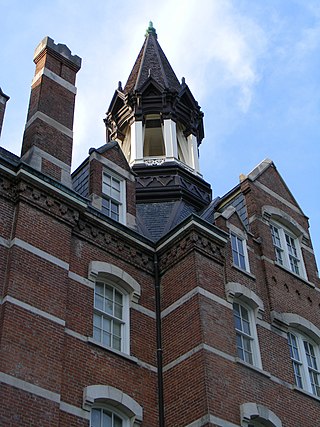
Jubilee Hall is the oldest academic building on the campus of Fisk University in Nashville, Tennessee. Completed in 1876, it was the university's first permanent building, and is a good local example of Gothic Revival architecture. It was designated a National Historic Landmark in 1974, in recognition of the university's place as one of the first historically black colleges and universities to be established after the American Civil War. It presently serves as an undergraduate residence hall. In 2017 the Tennessee Historical Commission installed a marker honoring the Fisk Jubilee Singers, whose 1870s European tour raised the funds to pay for the building's construction.

"Steal Away" is an American Negro spiritual. The song is well known by variations of the chorus:

Erastus Milo Cravath (1833–1900) was a pastor and American Missionary Association (AMA) official who after the American Civil War, helped found Fisk University in Nashville, Tennessee, and numerous other historically black colleges in Georgia and Tennessee for the education of freedmen. He also served as president of Fisk University for more than 20 years.
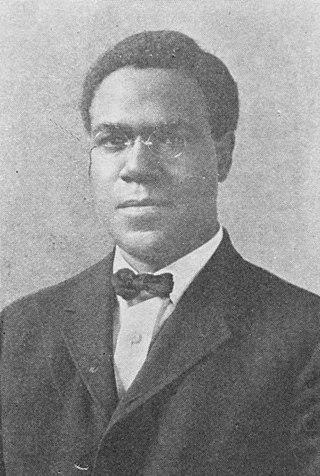
John Wesley Work Jr. was the first African-American collector of folk songs and spirituals, and also a choral director, educationalist and songwriter. He is now sometimes known as John Wesley Work II, to distinguish him from his son, John Wesley Work III.

Preston Taylor was an African-American businessman, minister and philanthropist. In the early 20th century he was considered one of the most influential leaders of Nashville, Tennessee's black community. He created Greenwood Cemetery, which is the second oldest African-American cemetery in Nashville, and Greenwood Park, which was the first park for African-American communities in Nashville. A later public housing project was named in his honor.
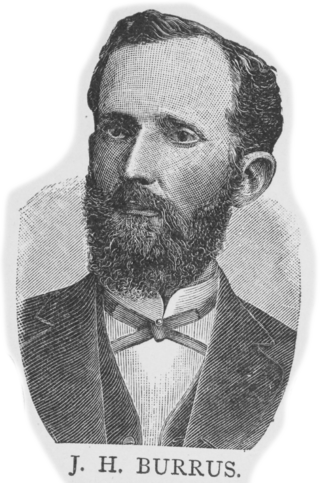
John Houston Burrus was an educator in Nashville, Tennessee and Lorman, Mississippi. He was a member of the first class of students at Fisk University in Nashville and when that class graduated became among the first group of African-Americans to graduate from a liberal arts college south of the Mason–Dixon line. He was a professor of mathematics at Fisk and in 1883 became the second president of Alcorn Agricultural and Mechanical College, a position he held until 1893.
America W. Robinson was an American educator. Robinson was in the first graduating class of Fisk University and sang as a contralto with the Fisk Jubilee Singers. She was the first woman to graduate from Fisk University.
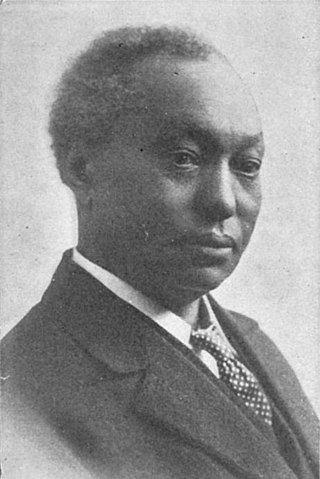
Thomas Rutling (1854-1915) was an American former slave who became an original member of the Fisk Jubilee Singers, a choral group that toured throughout the United States and Europe. He was a tenor in the group.

Matthew Washington Kennedy was an American classical pianist, professor, choral director, composer, and arranger of Negro Spirituals. He is widely known as the director of the historic Fisk Jubilee Singers of Nashville, Tennessee from 1957 to 1986.
Anne Gamble Kennedy was an American classical pianist, piano professor, and accompanist for the Fisk Jubilee Singers of Nashville, Tennessee.

Ella Sheppard was an American soprano, pianist, composer, and arranger of Negro Spirituals. She was the matriarch of the original Fisk Jubilee Singers of Nashville, Tennessee. She also played the organ and the guitar. Sheppard was a friend and confidante of African-American activists and orators Booker T. Washington and Frederick Douglass.
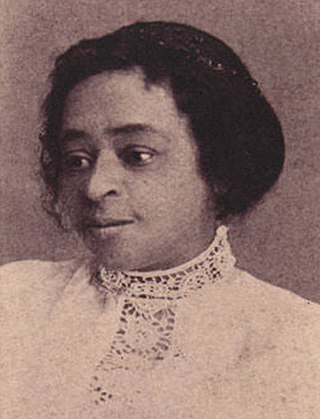
Mary Eliza Walker Crump was an African-American contralto singer and manager, one of the original Fisk Jubilee Singers.

Jennie Jackson was an American singer and voice teacher. She was one of the original members of the Fisk Jubilee Singers, an African-American a cappella ensemble. She toured with the group from 1871 to 1877. In 1891 she formed her own sextet, the Jennie Jackson Concert Company.
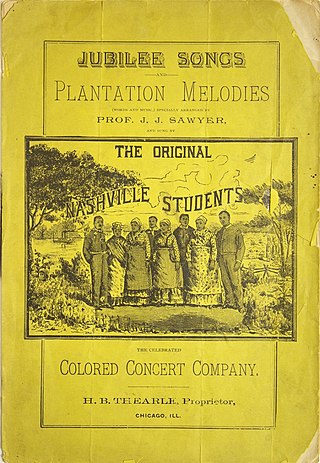
The Original Nashville Students, also referred to as the Original Tennessee Jubilee and Plantation Singers, the Nashville Students, and H. B. Thearle's Nashville Students, were an ensemble of eight or nine African-American jubilee singers. The moniker “jubilee singer” was coined by George White for his a cappella group The Fisk Jubilee Singers. This was primarily a reference to the Jewish year of jubilee described in Leviticus 25. Additionally, jubilation elicits connections with emancipation and liberation, drawing on emotions of nationalist pride from both African American and white audiences. Adopting this title allowed the singers to brand themselves as those who were formerly enslaved, but who had triumphantly risen out of their oppression.
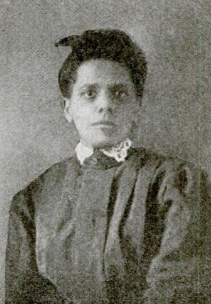
Alice Vassar LaCour was an American educator and singer.
Frederick Jerome Work was a collector, arranger ("harmonizer"), and composer of songs in the United States. He was part of a family of musicians and published a collection of "Negro spirituals" with his brother John Wesley Work.
















